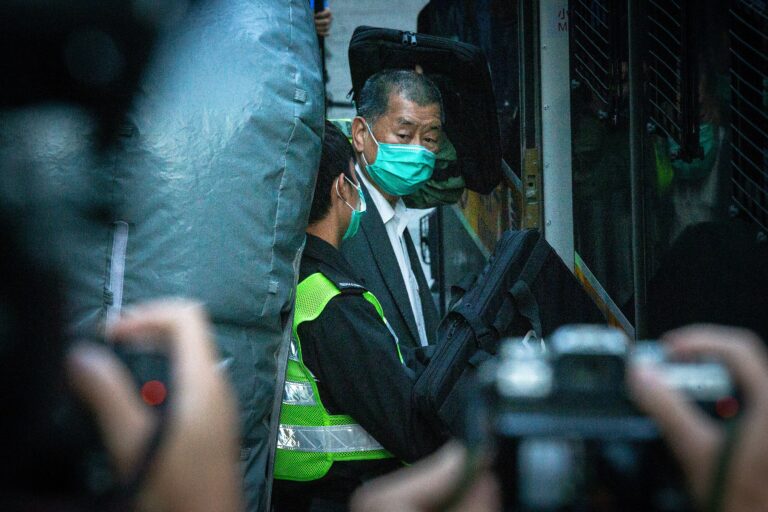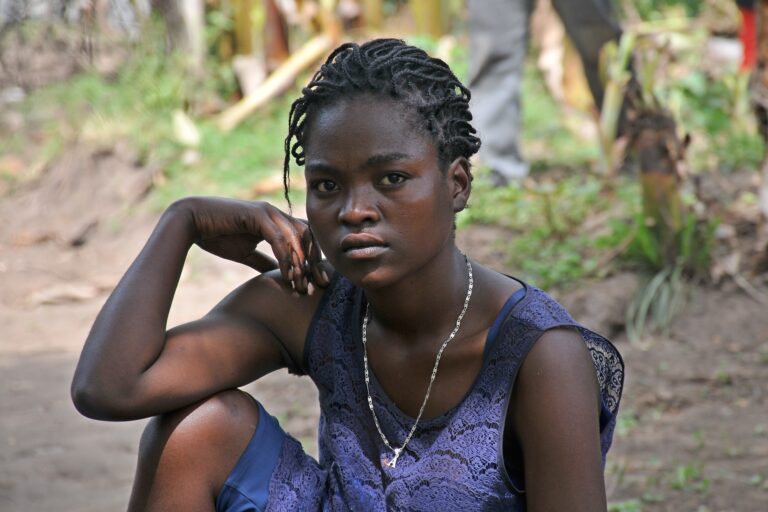March 8, 2001
Volume 3/ Number 7
Dear Colleague:
ABC News reported last night that the number of people infected with HIV in Africa has reached 25 million. Over 14 million people have died and millions of children have been orphaned. Yet our top foreign aid priority on that continent remains reducing the birth rate under the guise of family planning.
Steven W. Mosher
President
Wrongheaded Policy
The AIDS crisis in Africa is putting more and more children at risk. Either their parents are too sick to care for them, or they have already been left orphans. Yet the U.S. Agency for International Development routinely spends more money to prevent children from being born through the aggressive promotion of sterilization, IUDs, Norplant, Depo-Provera, and the Pill, than to care for already born children who are orphaned, homeless, sick or hungry.
In Tanzania, according to the latest figures from USAID, only $2.5 million will be spent on child survival and other health programs in 2001, and none at all on displaced children and orphanages. Yet twice that amount, or $5 million, will be spent on population control.
In Uganda, only $2.8 million is budgeted for child survival and other health programs, while a full $7 million is budgeted for population control. Orphanages and displaced children will receive nothing.
In Nigeria, $6.4 million is budgeted for child survival and other health programs, while population control programs will receive $11 million. No funds are budgeted for displaced children or orphanages.
Given this all consuming emphasis on population control, it is perhaps no surprise that little real development has occurred in Africa, despite the billions of dollars in aid spent there since USAID came into existence in 1961.
Indeed, this emphasis on population control has itself caused problems, notably by undermining the primary health care system.
Dr. Kevin DeCock, Director of the Kenyan field office of the Centers for Disease Control, suggested at an international AIDS conference last month that, given the poor state of primary health care in Africa, a “reinvestment in Africa’s public health system and basic infrastructure will be necessary before efforts to combat AIDS can make a substantial difference.”1
Perhaps if, over the past thirty years, African ministries of health had not been pushed to focus exclusively on population control, there might be more health infrastructure in place to cope with the AIDS’ crisis.
It is not too late to start.
[1] “The AIDS Crisis in Africa,” remarks given at the 8th Congress on Retroviruses and Opportunistic Infections, Chicago, Illinois, February 4-7, 2001







